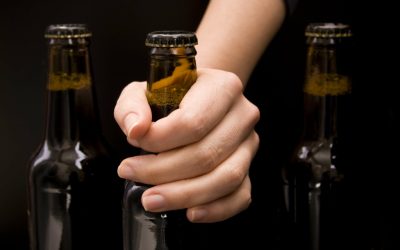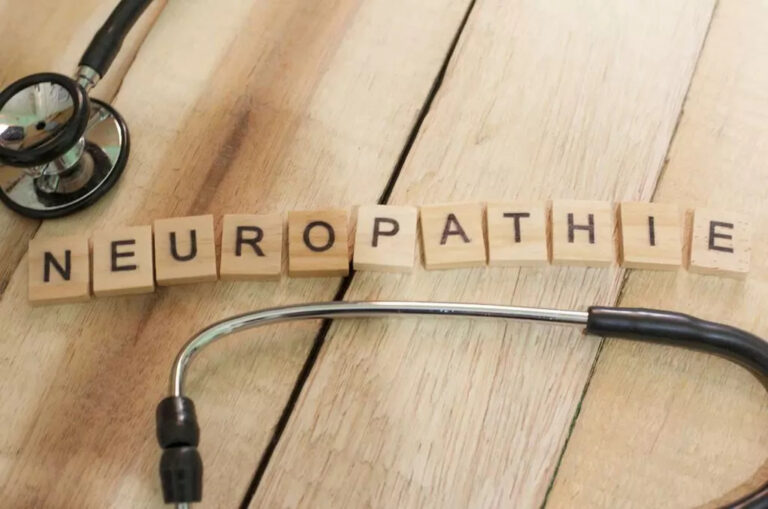Contents
The cognitive challenge is to encourage clients to measure their progress month-to-month rather than day-to-day or week-to-week. The tasks of this stage can be summarized as improved physical and emotional self-care. Clinical experience has shown that recovering individuals are often in a rush to skip past these tasks and get on with what they think are the real issues of recovery. Clients need to be reminded that lack of self-care is what got them here and that continued lack of self-care will lead back to relapse. They are caused by insufficient coping skills and/or inadequate planning, which are issues that can be fixed . Clients are encouraged to challenge their thinking by looking at past successes and acknowledging the strengths they bring to recovery .

Falling back into a bad habit is known as a relapse, and relapses are pretty common when people are trying to make a major change. If you relapse, it might seem like you’re back where you started. But change is a learning experience, and a relapse is part of learning a new way of doing things. The most important rule of recovery is that a person does not achieve recovery by just not using. Recovery involves creating a new life in which it is easier to not use.
Here are 5 best practices for avoiding relapse during recovery.
Clients are encouraged to understand the concept of a recovery circle. This is a group of people that includes family, doctors, counselors, self-help groups, and sponsors. Individuals are encouraged to be completely honest within their recovery circle. As clients do older people react differently to alcohol feel more comfortable, they may choose to expand the size of their circle. I have also included a link to a public service video on relapse prevention that contains many of the ideas in this article and that is freely available to individuals and institutions .

The physical stage of relapse is what you might have always defined as a relapse. But, if you understand that relapse can occur in earlier stagesbefore actually drinking or using,you can prevent a physical relapse. A mental relapse is when you start thinking about using or going back to understanding comorbid insomnia and alcohol use your addictive behaviors. Addiction recovery means that you take things one day at a time. When you find yourself avoiding problems, or you stop doing healthy self-care activities, you might be on your way to a relapse. American Addiction Centers is here to help support your recovery.
Online Therapy
You are attending alcoholics anonymous and other 12-step meetings regularly. You stay away from drugs and alcohol and avoid triggering situations. We publish material that is researched, cited, edited and reviewed by licensed medical professionals.
Seta offers support and material that can be found on their website. Mentalhub.fi is a nationwide web service that has been developed by social- and healthcare professionals. On Mentalhub’s pages you can find tips regarding self care among other things. The service can be used by anyone and you can search for help for yourself or someone close to you.

First, relapse is a gradual process with distinct stages. The goal of treatment is to help individuals recognize the early stages, in which the chances of success are greatest . Second, recovery is a process of personal growth with developmental milestones. Third, the main tools of relapse prevention are cognitive therapy and mind-body relaxation, which change negative thinking and develop healthy coping skills . Fourth, most relapses can be explained in terms of a few basic rules .
Signs of Self-Harm Relapse
That’s how any of your friends or family members would feel if similarly you were in need of such help. Have a mantra that you say to yourself to give yourself a boost when you’re feeling down. One recovery mantra that I like is “progress not perfection,” meaning you’re doing your best to head in the right direction, and that no one is perfect. The Study Psychologist helps you with questions regarding study motivation, balancing your studies and free-time and performance anxiety.
Even if a person already completed a treatment program, there is no shame in participating again. It can be beneficial to forming a new recovery plan that may include different types of therapy, relapse prevention classes, and medication. Depending on the length of the relapse period, it may be necessary to go through medically-supervised detoxification to manage withdrawal. Addicts must lie about getting their drug, hiding the drug, denying the consequences, and planning their next relapse. Eventually, addicted individuals end up lying to themselves. Clinical experience shows that when clients feel they cannot be completely honest, it is a sign of emotional relapse.
- He is the medical director at Alcohol Recovery Medicine.
- They found that the young adults had significantly higher levels of stress, anxiety, and problems with emotion regulation.
- Online therapy can help you with long term addiction support.
If you go into the situation unprepared, you’re more likely to relapse. Realize that those negative feelings you’re having don’t have to be a sign of an impending setback. Aim to learn how to get comfortable with uncomfortable feelings and emotions. John C. Umhau, MD, MPH, CPE is board-certified neurotoxic medications in addiction medicine and preventative medicine. He is the medical director at Alcohol Recovery Medicine. For over 20 years Dr. Umhau was a senior clinical investigator at the National Institute on Alcohol Abuse and Alcoholism of the National Institutes of Health .
Why Are Relapse Prevention Skills Important?
Clinicians can distinguish mental relapse from occasional thoughts of using by monitoring a client’s behavior longitudinally. Warning signs are when thoughts of using change in character and become more insistent or increase in frequency. Another goal of therapy at this stage is to help clients identify their denial.
So, try journaling, meditating, or even praying when you are feeling negative. Find a healthy way to release your negativity and boost your mood. An addictions specialist or another mental health professional can help you develop additional coping strategies. And, many people who struggle with addiction turn to their substance or activity of choice as a maladaptive way of coping with it. Believing in something bigger than yourself is excellent insurance against a life wasted in bad feelings and mindless activities. If you’re in a 12-Step program, you already know about consulting with your Higher Power.
Only after getting clean do you realize how time-consuming it is to maintain a life of active drug addiction. Most of your time is spent either under the influence of drugs or coming up with the money you need to buy more drugs. Once you remove substances from the equation you’re left with a lot of free time. Although there is no cure for addiction, there are things you can do to prevent relapse. It takes proactive and ongoing effort to counter addiction’s disruptive effects on your brain. You have plenty of resources available to support your long-term recovery journey.
Gamling addiction
They feel they are doing something wrong and that they have let themselves and their families down. They are sometimes reluctant to even mention thoughts of using because they are so embarrassed by them. The answer to this question relies on a deep understanding of what recovery from addiction truly is.
Lay the groundwork with a comprehensive addiction treatment program.
Many people resist this step, feeling that they have their recovery under control. It is critical to receive ongoing support from the people who understand recovery. The most important thing you can do to prevent relapse at this stage is take better care of yourself.
Substance Use for Adults Explore individualized treatment programs that help adults with drug abuse, detox, and rehab. Substance Use for Young Adults Explore individualized treatment programs that help young adults with drug abuse, detox, and rehab. Stay away from the old friends who used with you and look to people who can support you soberly in your recovery. While this may be difficult, it is critical to your recovery. It can be difficult to change your behaviors if you put yourself in situations where people encourage or tempt you to drink.
